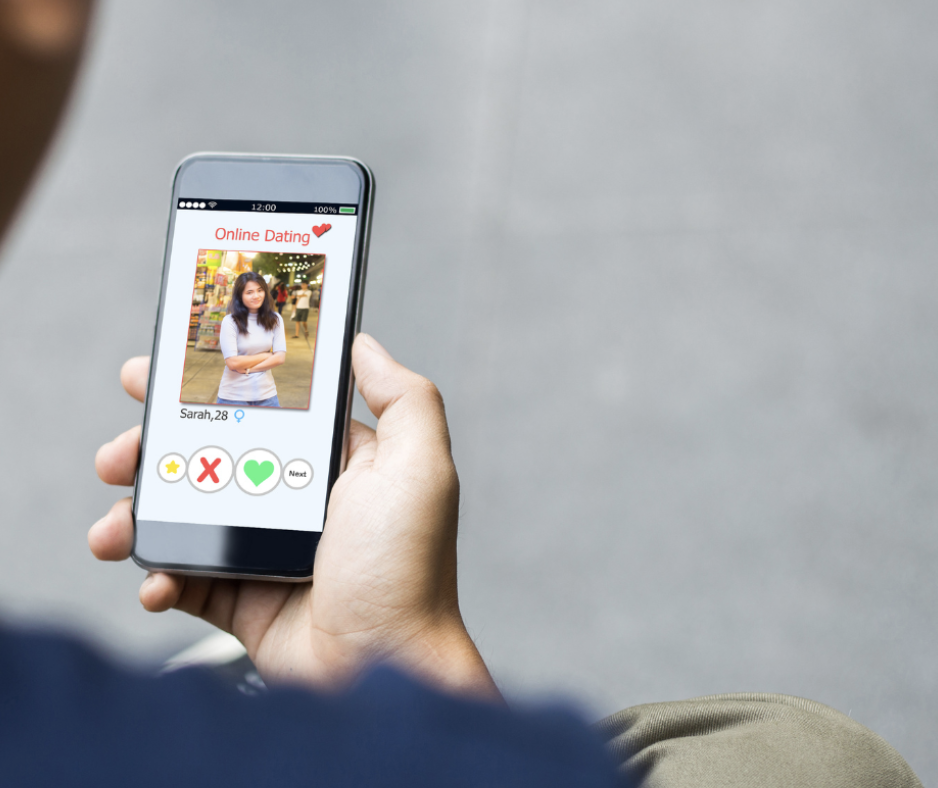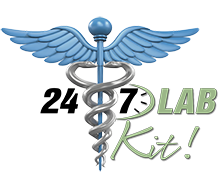The Impact of Social Media: Navigating Dating Apps and STI Disclosure
The digital age has revolutionized modern dating, making it easier for individuals to connect, communicate and engage with potential partners. The convenience and ease of dating apps like Tinder, Bumble, and OkCupid have contributed significantly to changing the face of traditional dating. However, as dating apps continue to gain popularity, they have also prompted a new form of social challenge: how to navigate STI disclosure in a world dominated by social media.

Dating in the digital world raises complex social questions, specifically around communicating regarding sexually transmitted infections (STIs). The stigma around STIs and the fear of societal rejection have long plagued individuals with such infections. However, dating apps have further complicated the situation by creating an additional form of STI anxiety: rejection before acceptance. Dating apps have undoubtedly transformed the dating experience. They’ve created an environment where users can explore, select, and connect with like-minded individuals from the comfort of their homes. It’s an environment that is relaxed and free, allowing users to present themselves in more comfortable ways.
Unfortunately, dating apps can also be a minefield, particularly for individuals living with STIs. For those with STIs such as herpes or HIV, disclosing the infection can become a burden. Stigma and rejection from partners are just a few of the many obstacles that they face. Because of these challenges, many people opt not to disclose their STI status before meeting a potential partner. However, it is important to remember that an individual has a legal and moral obligation to disclose any STI to their partner before engaging in sexual activity. Failure to do so can have severe consequences that can affect both the individual’s health as well as their reputation, Should there be STI transmission and subsequent legal proceedings.

Disclosing an STI on a dating app can be challenging. After all, you’re putting your privacy and medical information out there for total strangers to see. However, new technologies have emerged to help people navigate STI disclosure in the digital age. These technologies include anonymous texting apps and secure, private messaging.
Disclosure on dating apps shouldn’t be seen as a barrier, but rather, a way to communicate honestly and openly about one’s health and well-being. With over 1 in 2 men and women globally getting a sexually transmitted infection (STI) at some point in their life, it is a conversation that should be normalized. The digital world has created diverse and expansive methods for sharing these conversations with potential partners and generating awareness around etiquette for sharing STI statuses.

All in all, there are both pros and cons to usage of dating apps and social media platforms when it comes to STI disclosure. On the one hand these open a space for connection between individuals, while on the other they can also put prevalent pressures on users. Whatever one’s stance may be on online dating and STI disclosure, one thing is certain: this is an issue that needs to be addressed given the rise of digital communication in today’s day and age.
Despite its potential drawbacks, hope remains for the eradication of STI stigma through increased openness and honesty in communication about sexual health online – especially with options like 247Labkit At-Home STI Testing Kits which promotes convenience and privacy for users seeking testing. In contemplating our role as members of a more connected world, let us all strive to create a safe virtual space free from judgement and stigma.







Comments are closed